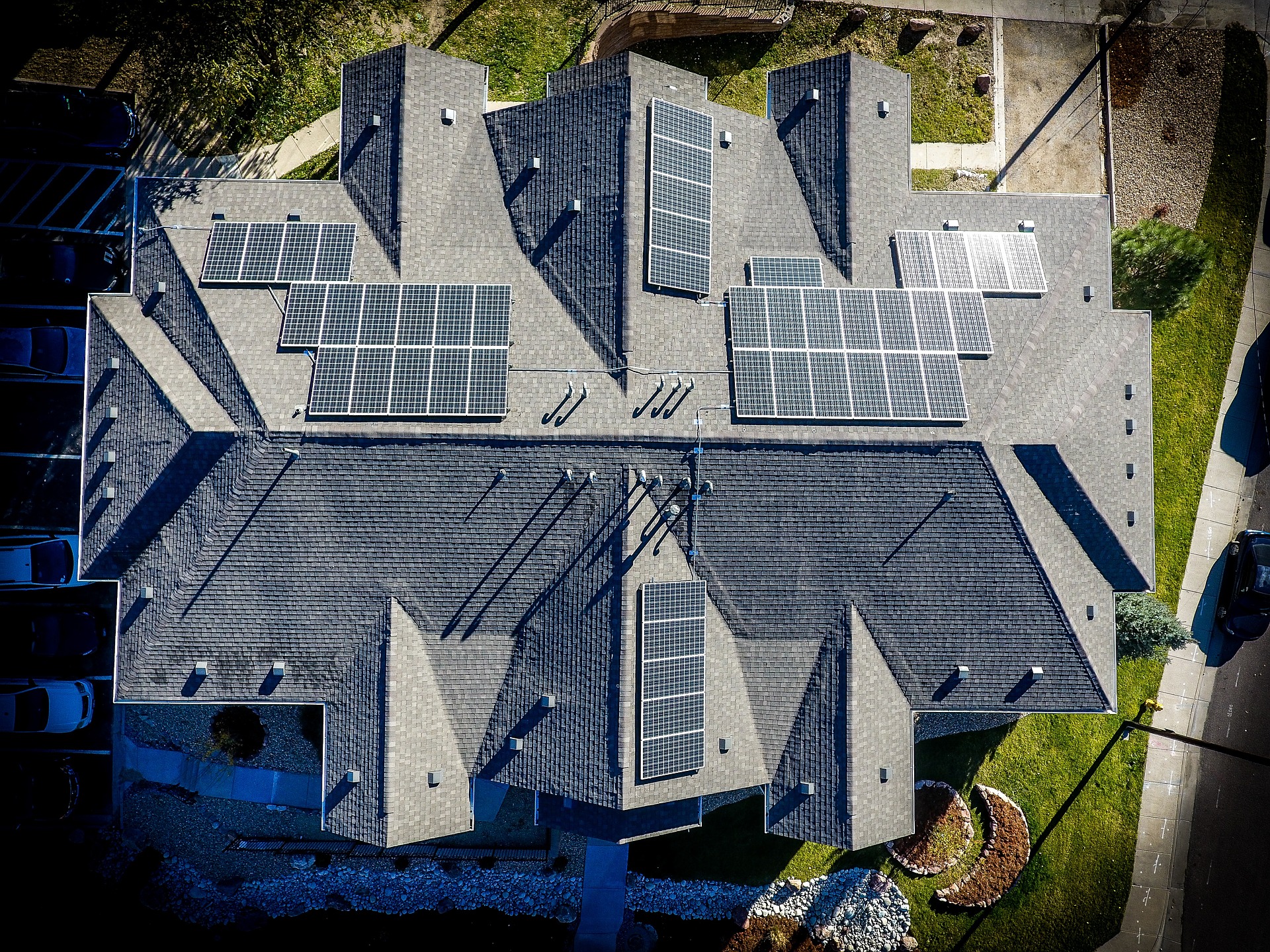Guide to Solar Panel Grants and Funding Options
Are you considering installing solar panels on your home or business but worried about high cost? Fortunately, there are various grants and funding options available to make solar installation more affordable. The following guide will help current and future homeowners understand financing options available to them.

Unlocking Solar Power: Grants and Funding Opportunities
Solar energy has become increasingly popular as a clean, renewable power source. However, the initial costs of installing solar panels can be a significant barrier for many homeowners and businesses. Fortunately, various grants and funding options are available to help offset these expenses and make solar power more accessible. This article explores the importance of solar panel grants and funding, the types of options available, eligibility requirements, application processes, and alternative funding solutions.
Why Solar Panel Grants and Funding Matter
Solar panel grants and funding programs play a crucial role in promoting the adoption of renewable energy. These financial incentives make solar power more affordable for a broader range of individuals and organizations, leading to increased clean energy production and reduced reliance on fossil fuels. By lowering the financial barriers to entry, grants and funding options accelerate the transition to a more sustainable energy future while helping property owners save money on their electricity bills in the long run.
Types of Solar Panel Grants and Funding Options
There are several types of grants and funding options available for solar panel installations. Federal tax credits, such as the Investment Tax Credit (ITC), allow homeowners and businesses to deduct a percentage of their solar installation costs from their federal taxes. State-level incentives vary but may include rebates, performance-based incentives, or property tax exemptions. Some local governments and utilities also offer their own solar incentive programs, such as grants or low-interest loans, to encourage solar adoption in their communities.
Eligibility Requirements for Solar Panel Grants
Eligibility criteria for solar panel grants and funding options can vary depending on the specific program and location. Generally, applicants must own the property where the solar panels will be installed and have a suitable roof or ground space for the system. Some programs may have income restrictions or prioritize certain types of buildings, such as schools or non-profit organizations. Additionally, the solar installation may need to meet specific technical requirements or be completed by certified installers to qualify for certain incentives.
How to Apply for Solar Panel Grants and Funding
The application process for solar panel grants and funding options typically involves several steps. First, research available programs in your area by checking with local, state, and federal agencies, as well as utility companies. Gather necessary documentation, such as proof of property ownership, income verification, and energy usage history. Submit your application according to the program’s guidelines, which may involve online forms, in-person submissions, or working with approved solar installers. Be prepared to provide detailed information about your proposed solar project, including system size and estimated costs.
Alternative Funding Options for Solar Installations
For those who may not qualify for grants or need additional financing, there are alternative funding options available. Solar loans allow homeowners to finance their solar installation over time, often with competitive interest rates. Power Purchase Agreements (PPAs) and solar leases enable property owners to benefit from solar energy without owning the system outright. Some communities have established solar cooperatives or group purchasing programs to negotiate better rates for multiple installations. Additionally, some solar companies offer their own financing options or partnerships with financial institutions to make solar more accessible.
Maximizing Your Solar Investment
To make the most of solar panel grants and funding opportunities, it’s essential to approach your solar project strategically. Start by conducting an energy audit of your property to identify areas for improved efficiency before sizing your solar system. Research multiple installers and obtain several quotes to ensure competitive pricing. Consider the long-term savings and environmental benefits when evaluating the upfront costs and available incentives. Keep in mind that combining multiple funding sources, such as grants, tax credits, and loans, can significantly reduce your out-of-pocket expenses.
| Program | Provider | Estimated Benefit |
|---|---|---|
| Federal Solar Investment Tax Credit (ITC) | U.S. Government | 30% of system costs (as of 2023) |
| State Solar Rebate Program (Example) | State Energy Office | $0.20-$1.00 per watt installed |
| Local Utility Solar Incentive | Local Power Company | Up to $1,000 cash rebate |
| Rural Energy for America Program (REAP) | USDA | Up to 25% of project costs for rural businesses |
Note: These figures are estimates and may vary. Please conduct independent research for the most up-to-date information and specific program details in your area.
Solar panel grants and funding options have made renewable energy more accessible than ever before. By taking advantage of these financial incentives, property owners can reduce their carbon footprint while enjoying long-term energy savings. As technology advances and policies continue to support clean energy adoption, the future of solar power looks increasingly bright for homeowners, businesses, and the environment alike.
The shared information of this article is up-to-date as of the publishing date. For more up-to-date information, please conduct own research.




